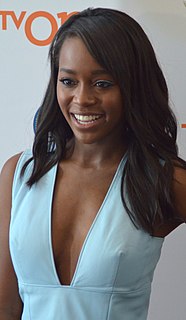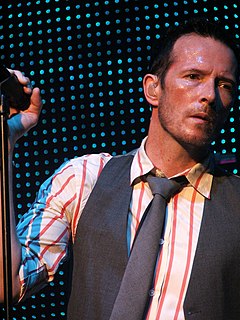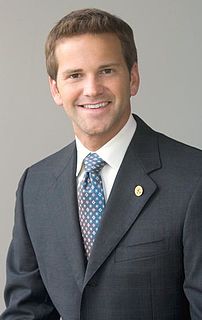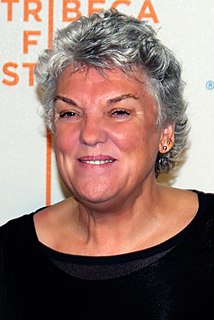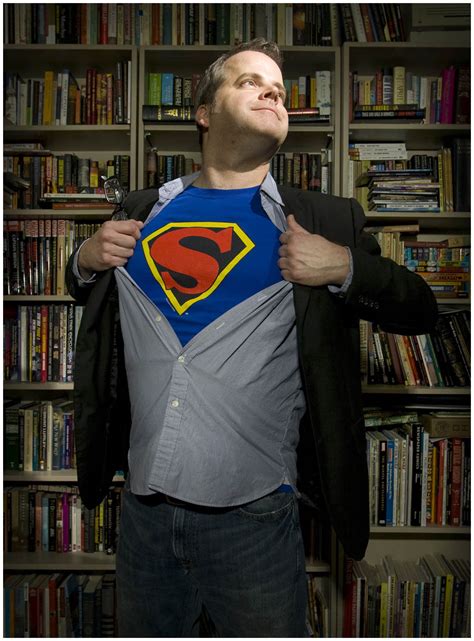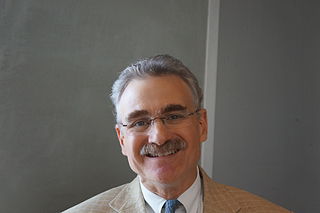A Quote by Aja Naomi King
Back when people couldn't read, other people would take newspapers and turn them into theater so that people would know what was going on in the world. That is a powerful thing.
Related Quotes
Every single thing I've done has made me who I am today. The only thing I would take back is hurting the people that I love, and the people who I love have already read my lyrics and heard my apologies. But the rest of the world, I don't need to apologize to them. My life doesn't have anything to do with the rest of the world.
El Bulli was created by 2,000 people that passed through it. And we didn't know that something big was happening. It was like a game in a way. You didn't really know how it was going to end up, and people who would leave, they would take a piece of it with them, but they would leave another piece behind.
Everybody spoke English in my class, and they would turn to me and say, "What's going on in your country?" I would try to explain to Austrians, Poles, Australians, Israelis, Costa Ricans - people from all over the world - what was going on in our country. I would have to say, "I don't know what's going on, either. It's pretty evenly divided in our country. Sometimes one part's on top, and other times, the other faction is on top, and right now it's just crazy. We hate it as much as you do."
When I was a kid--10, 11, 12, 13--the thing I wanted most in the world was a best friend. I wanted to be important to people; to have people that understood me. I wanted to just be close to somebody. And back then, a thought would go through my head almost constantly: "There's never gonna be a room someplace where there's a group of people sitting around, having fun, hanging out, where one of them goes, 'You know what would be great? We should call Fiona. Yeah, that would be good.' That'll never happen. There's nothing interesting about me." I just felt like I was a sad little boring thing.
When 'Men's Health' reached out and said, 'Will you be on the 'Today Show' and do a fitness challenge?' I said, 'OK. I'm not showing them anything they don't already know.' But I'm going to take what some would argue is a negative or not substantive and turn it into a substantive thing to hopefully do some good for people.
I've never written a fiction before about real people. . . . I read everything that I could find by people who met them and tried to get some impression of them, but as always when you write fiction, even if you have completely fictitious characters, you start by thinking of what is plausible, what would they say, what would they be likely to do, what would they be likely to think. At some point, if it is every going to come to life, the characters seem to take over and start speaking themselves, and it happened with [COPENHAGEN].
There was this wonderful trick of going to the theater with my parents and sitting in the audience under the watchful eye of an usher, and then these other people would come on the stage: They spoke differently and had different clothes and hair. Afterward, they would come back, and they were my parents again. It was magic.
Filmmaking materials are in the hands of more people now than ever before. I would like to think that the more people have these tools, the more people will learn how to use them, it's another argument I would argue for, personally, for art's education. Because there are kids who aren't that literate in screen language and they've got to know how people select shots, how people edit audio, how people combine things to make what they see on the screen. It would be like the 15th century or the 16th century in Germany, and somebody amends a printing press and you don't know how to read and write.
